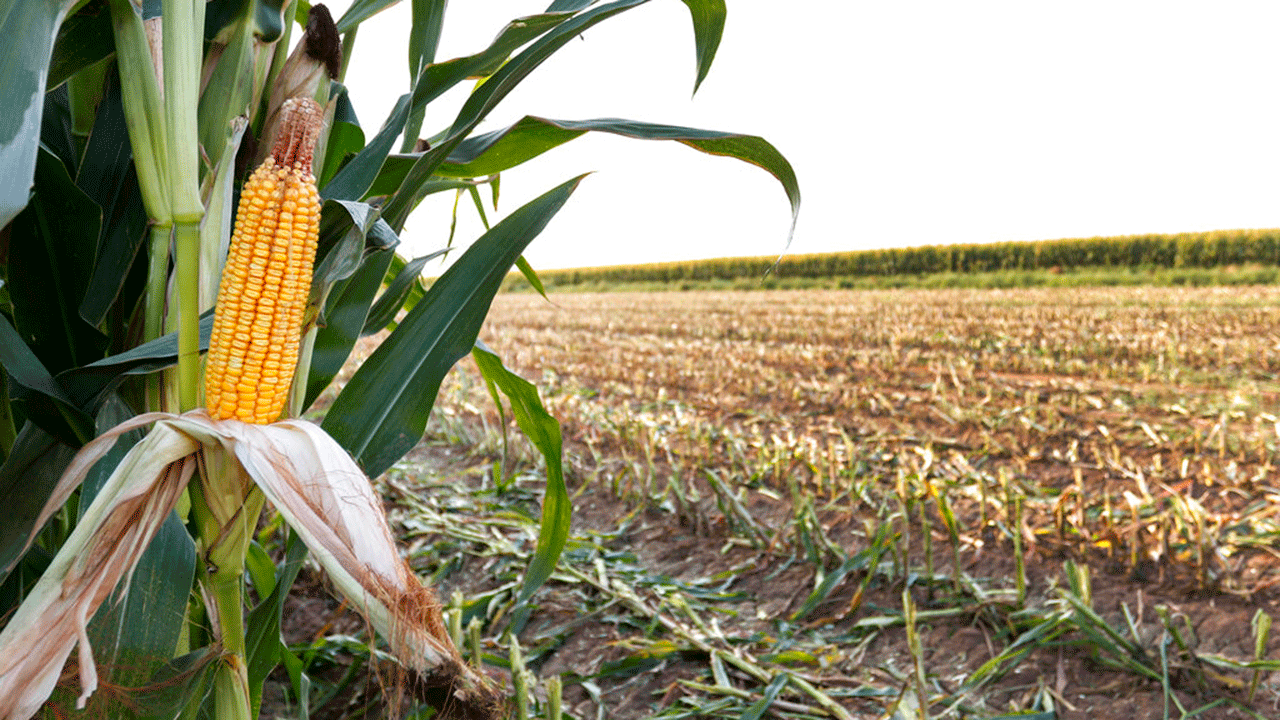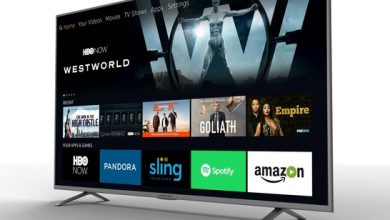Facebook will block Australian users and publishers from sharing news links in response to new bill

[ad_1]
Facebook has decided to block both Australian users and media companies from sharing links to news articles and related content on its main social network, following the country’s proposed landmark regulatory measure that would force tech giants to pay Australian news organizations for using their content.
The bill, which passed the Australian House of Representatives yesterday and is believed to have enough votes to pass the Senate, also targets Google, which at one point last month threatened to leave the country entirely. However, Google has since decided to start cutting deals with major Australian media organizations, like Rupert Murdoch’s News Corp., to comply.
“The proposed law fundamentally misunderstands the relationship between our platform and publishers who use it to share news content,” reads a blog post from William Easton, the managing director of Facebook Australia & New Zealand. “It has left us facing a stark choice: attempt to comply with a law that ignores the realities of this relationship, or stop allowing news content on our services in Australia. With a heavy heart, we are choosing the latter.”
The policy change from Facebook will have stark consequences for both users and media organizations. Easton’s blog post outlines four distinct categories here that will be affected and in what ways:
- Australian publishers: “They are restricted from sharing or posting any content on Facebook Pages. Admins will still be able to access other features from their Facebook Page, including Page insights and Creator Studio. We will continue to provide access to all other standard Facebook services, including data tools and CrowdTangle.”
- International publishers: “They can continue to publish news content on Facebook, but links and posts can’t be viewed or shared by Australian audiences.”
- Australian users: “They cannot view or share Australian or international news content on Facebook or content from Australian and international news Pages.”
- International users: “They cannot view or share Australian news content on Facebook or content from Australian news Pages.”
Facebook says it’s using a “combination of technologies” to restrict news content and it will have processes for reviewing content that was removed inadvertently, although it is not sharing those processes at this time. It also says the news content changes won’t affect any of the company’s other products or services in Australia.
Easton’s blog post makes clear Facebook saw this measure as a last resort. The company cites statistics, like how news content makes up less than 4 percent of what people see in the News Feed and how Facebook drove an estimated AU$407 million in referrals to Australian news publishers, as reasons why it felt the bill unfairly penalizes tech platforms.
Facebook also draws a distinction between how news publishers and readers access news content on its social network versus Google’s search engine. “Google Search is inextricably intertwined with news and publishers do not voluntarily provide their content. On the other hand, publishers willingly choose to post news on Facebook, as it allows them to sell more subscriptions, grow their audiences and increase advertising revenue,” Easton argues.
“We were prepared to launch Facebook News in Australia and significantly increase our investments with local publishers, however, we were only prepared to do this with the right rules in place,” Easton goes on. “This legislation sets a precedent where the government decides who enters into these news content agreements, and ultimately, how much the party that already receives value from the free service gets paid. We will now prioritise investments to other countries, as part of our plans to invest in new licensing news programs and experiences.”
[ad_2]
Source link






